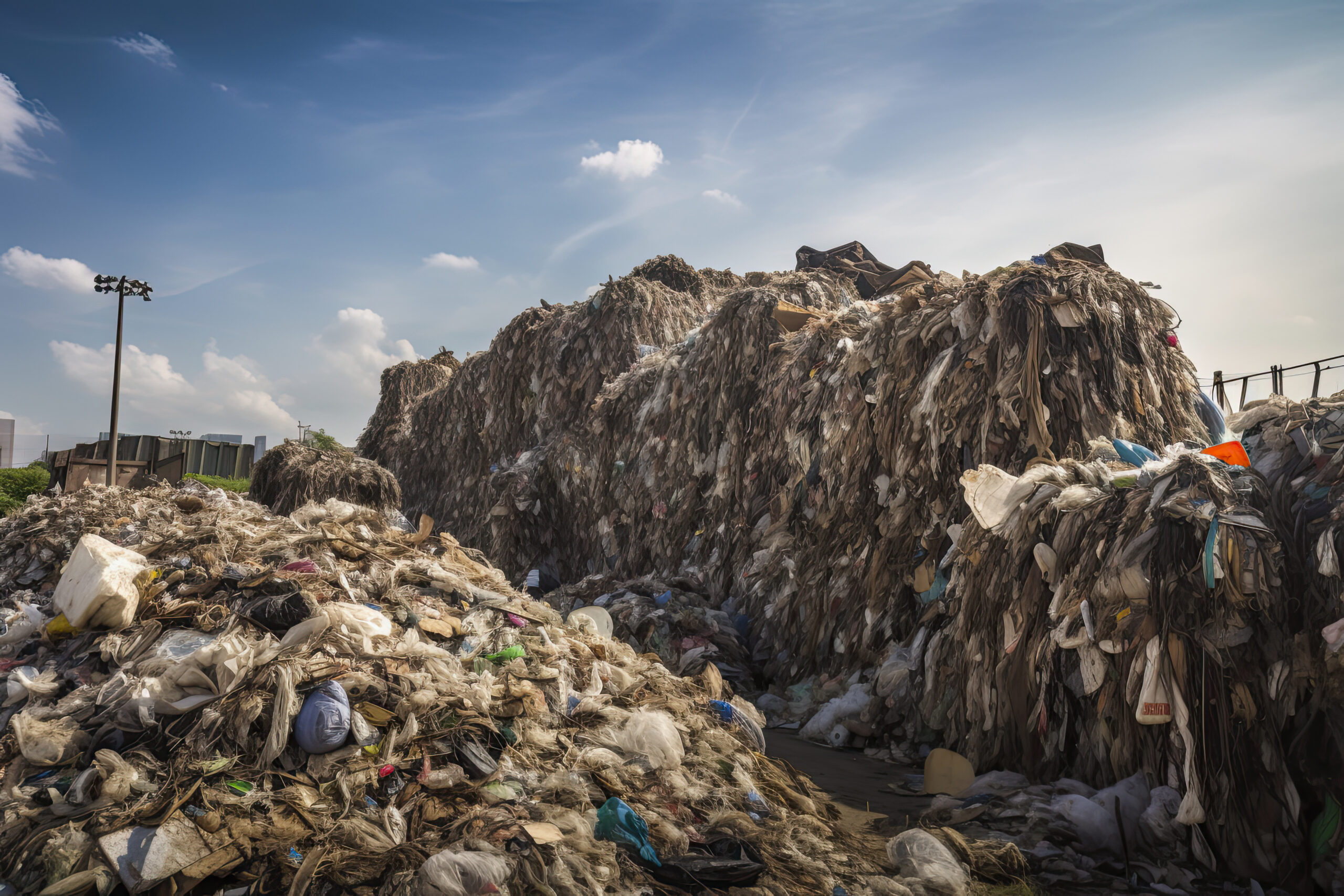According to the European Commission, less than quarter of textile waste is recycled in Europe and millions tonnes of it end up in landfills or incinerators every year. Textile industry is a major contributor to pollution and waste and it produces around 20% of the world’s wastewater. Fast fashion also contributes to climate change, as the production and transportation of clothing produces significant greenhouse gas emissions.
The EU Waste Framework Directive (WFD) defines the basic principles related to waste management for Member States of the European Union. As part of WFD 2018 amendment, the obligation to set up a separate collection for textiles by 1st January 2025 in all Member States was introduced
While municipalities have been adapting their waste management systems for the introduction of this separate collection, manufacturers and retailers are not lagging behind. They have been implementing actions to respond to the requirements of the EU Strategy for Sustainable and Circular Textiles (2022) and addresses the EU’s recent proposal on introduction of mandatory and harmonised Extended Producer Responsibility (EPR) schemes for textiles in all EU Member States.
The European Union pushes for an increase of recycled fabrics and textiles in clothing by 2030, however, it did not set specific targets yet. One of the targets is also higher durability, reparability and recyclability.
One of the ways to reach these targets is through support of ReHubs Europe and other investments into fibre-to-fibre technology. This technology recycles used clothing into fibres used for subsequent manufacture of new clothing and textiles. Currently, less than one percent of clothing is recycled this way, but the technology is rapidly advancing. One of many possibilities for sustainable textile production is also technology of Finnish start-up Infinited Fiber Company, which produces fibres from textile waste, cardboard and paper.
